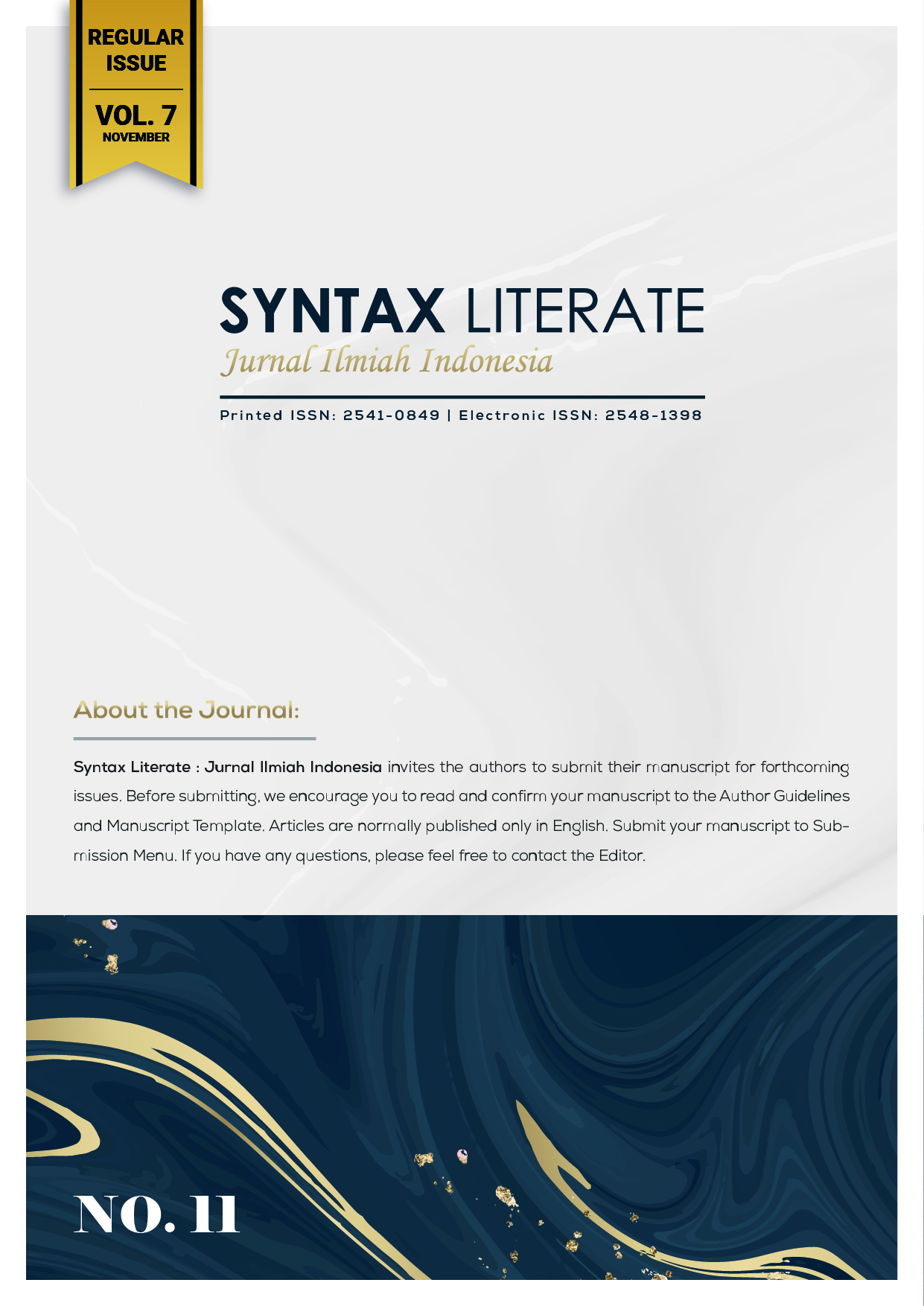The Effects of Unconditional Cash Transfer on The Mental Health of Underprivileged Households in Indonesia
Abstract
Less profitable socioeconomic factors could cause mental health problems like depression and stress symptoms. Previous studies have investigated the effect of cash transfers on physical health, education, and socioeconomic status. However, this study tends to investigate the effects of BLT and BLSM unconditional cash transfers on the mental health of the underprivileged households in Indonesia. In measuring mental health scores, we provide CES-D score with a score range of 0-30, which higher score means better mental health. Using IFLS 2007 and 2014 data and applying the Two-Stage Least Squared method, we found that BLT and BLSM recipients experienced an increase in mental health score by 1.5 points or 6.3% of the CES-D mean score. Our study also suggests that cash transfers affect the mental health of the recipients through two channels: psychological health, i.e., religiosity; and physical health, i.e., the number of disease symptoms. These programs have the potential to increase an individual’s religiosity and reduce the number of disease symptoms, hence, can enforce mental health improvements.
Downloads
References
Angeles, G., Hoop, J., Handa, S., Kilburn, K., Milazzo, A., Peterman, A. (2019). Government of Malawi’s unconditional cash transfer improves youth mental health. Social Science and Medicine, 225, 108-119.
Badan Pusat Statistik. (2011). Penghitungan dan Analisis Kemiskinan Makro Indonesia Tahun 2014. Jakarta: Badan Pusat Statistik.
Baird, S., de Hoop, Jacobus, Ozler, B., Hoop, J De. (2013). Income shocks and adolescent mental health. Journal of Human Resources, 48 (2), 370–403.
Burns, J.K. (2015). Poverty, inequality, and political economy of mental health. Epidemiology and Psychiatric Sciences, 24 (2), 107-113.
Buser, T. (2015). The Effect of Income on Religiousness. American Economic Journal: Applied Economics, 7(3), 178-195.
Das, J., Do, Q. T., Friedman, J., McKenzie, D., & Scott, K. (2007). Mental health and poverty in developing countries: Revisiting the relationship. Social Science & Medicine, 65, 467-480.
Dartanto, T., Rahmanto, F., Otsubo, S. (2019). Intragenerational Economic Mobility in Indonesia: A Transition from Poverty to Middle Class during 1993-2014. Bulletin of Indonesian Economic Studies, 56(2), 193-22.
Ellison, C., Boardman, J., Williams, D. R., & Jackson, J. S. (2001). Religious involvement, stress, and mental health: ï¬ndings from the 1995 Detroit Area Study. Social Forces, 80(1), 215-249.
Eyal K, & Burns J. (2019). The parent trap: Cash transfers and the intergenerational transmission of depressive symptoms in South Africa. World Development, 117, 211-229.
Fernald, L., & Hidrobo, M. (2011). Effect of Ecuador’s cash transfer program (Bono de Desarrollo Humano) on child development in infants and toddlers: a randomized effectiveness trial. Social Science and Medicine, 72(9), 1437–1446.
Gaarder, M., Glassman, A., & Todd J. E. (2010). Conditional cash transfers and health: unpacking the causal chain. Journal of Development Effectiveness, 2(1), 6–50.
Grossman, M. (1972). Concept of health capital and demand for health. Journal of Political Economy, 80 (2), 223–255.
Hossain, N., Brook, S., Garbarino, S., Notosusanto, S., Noor, I.R., & Seda, F. (2012). Qualitative Assessment: The Social Impacts of Cash Transfer Programmes in Indonesia. Jakarta: Tim Nasional Percepatan Penanggulangan Kemiskinan (TNP2K).
Khomaini, A.A. 2020. Dampak program bantuan tunai (cash transfer) terhadap kesejahteraan subjektif di Indonesia. Indonesian Treasury Review: Jurnal Perbendaharaan, Keuangan Negara dan Kebijakan Publik, 5(1), 1-16.
Lal. A, M. Lockhart, Xu Yiqing, & Ziwen Zu. (2021). How much we trust instrumental variable estimates in political science? Practical advice based on over 60 replicated studies. Social Science Research Network Working Paper, 1-144.
Lim, C., & Putnam, R. D. (2010). Religion, social networks, and life satisfaction. American Sociological Review, 75(6), 914-933.
Lousdal, Mette Lise. (2018). An introduction to instrumental variable assumptions, validation, and estimation. Emerging Themes in Edpidemology, 15(1), 1-7.
Lund, C., Breen, A., Flisher, A.J., Kakuma, R., Corrigall, J., Joska, J.A., Swartz, L., & Patel, V. (2010). Poverty and common mental disorders in low and middle income countries: a systematic review. Social Science and Medicine. 71(3), 517–528.
Lund C. (2012). Poverty and mental health: a review of practice and policies. Neuropsychiatry, 2(3), 213–219.
Ohrnberger, J., Anselmi, L., Fichera, E., Sutton, M. (2020). The effect of cash transfer on mental helath: Opening the black box—A study grom South Africa. Social Science and Medicine, 260, 113-181.
Paxson, C., & Schady, N. (2010). Does money matter? The effects of cash transfers on child health and development in rural Ecuador. Economic Development and Cultural Change, 59(1), 187–229.
Radloff, L. (1977). The CES-D scale: a selt report depression scale for research in the general population. Applied Psychological Measurement, 1, 385–401.
World Bank. (2012). Social assistance program and public expenditure review 2: BLT temporary unconditional cash transfer. Jakarta, Indonesia: World Bank.
World Bank. (2013). World Development Indicators (WDI), the World Bank online database. Available at http://data.worldbank.org/indicator, diakses 19 Maret 2021.
Copyright (c) 2022 Nun Khalida Auwalun, Prani Sastiono

This work is licensed under a Creative Commons Attribution-ShareAlike 4.0 International License.











